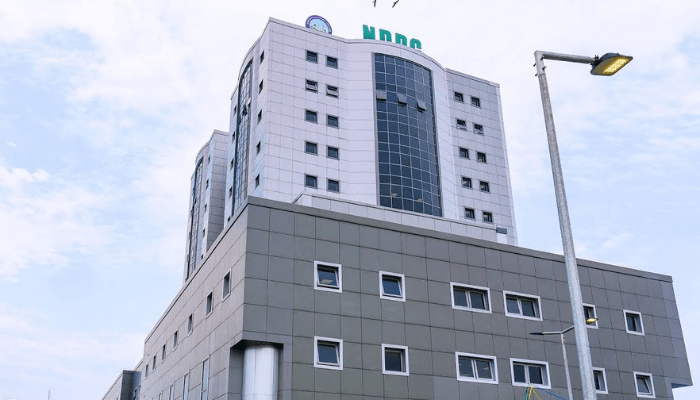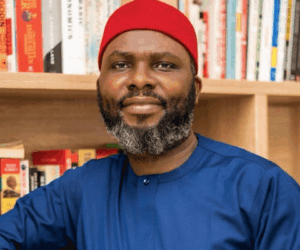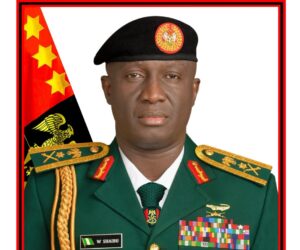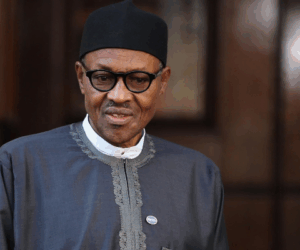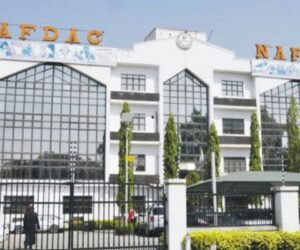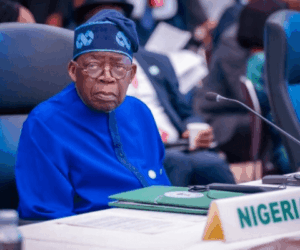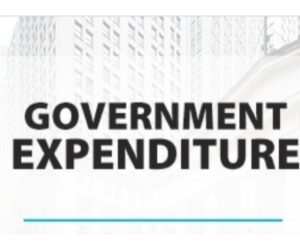Nigeria’s so-called war against corruption continues to unravel as a hollow pretence. The latest development, the Senate’s July 2025 probe of the Nigerian National Petroleum Company Limited (NNPCL), has only reinforced what many Nigerians already fear: that corruption is not just thriving but is being institutionalised under the very noses of the country’s anti-corruption agencies and political elite.
This Senate investigation, sparked by allegations of N3.3 trillion in unremitted revenue and contract racketeering involving top officials of NNPCL and the Nigerian Upstream Petroleum Regulatory Commission (NUPRC), bears a striking resemblance to earlier probes into the Niger Delta Development Commission (NDDC). Like its predecessor, the NNPCL probe is already beginning to show signs of the same familiar pattern (televised drama, empty committee reports, and no consequences for the guilty).
“The public is no longer satisfied with press conferences and investigative panels. What is needed now is action: arrests, prosecutions, convictions, and asset recoveries.”
The NDDC scandal, particularly the 2020 probe involving its then-acting managing director, Professor Kemebradikumo Pondei, who allegedly misappropriated over N40 billion, should have been a turning point. The commission had, by that time, received over N15 trillion since its creation in 2000 by President Olusegun Obasanjo. But its failure to deliver tangible development to the Niger Delta despite being awash with funds was evidence of a deeper rot. This rot, unfortunately, appears to be systemic and is replicated across Nigeria’s oil-linked institutions, from OMPADEC under Ibrahim Babangida’s rule, where Eric Opia failed to account for N7 billion, to the current NNPCL allegations under President Bola Tinubu’s administration.
The real tragedy is not just the theft of public resources but the cost of this corruption. The Niger Delta, despite being the financial backbone of Nigeria since crude oil was discovered in Oloibiri, Bayelsa State, in 1956, remains underdeveloped. It suffers from toxic oil spills, high cancer rates, youth unemployment, and environmental degradation. Rather than being an engine for regional development, NDDC became a playground for corruption, an irony that has fuelled distrust, militancy, and political instability.
Read also: NDDC: How minister’s inspection visit in Niger Delta may galvanise project execution in oil region
When former President Muhammadu Buhari came into office in 2015, he made a solemn pledge: “If we don’t kill corruption, corruption will kill Nigeria.” A decade later, that prediction appears to be coming true. His administration’s highly publicised anti-corruption crusade, punctuated by high-level arrests and media trials, ended up doing little to reform the system. Panels were set up, committees were inaugurated, but few were held accountable.
President Tinubu, who took office in 2023 with a promise to run a “renewed hope” government, must now show whether he is ready to go beyond tokenism. The current probe of the NNPCL presents a critical test of his administration’s sincerity. As of July 29, 2025, the Senate Committee on Public Accounts, chaired by Senator Aliyu Wadada, uncovered how billions in oil revenues and regulatory payments vanished under unclear and unaudited circumstances. Testimonies from whistleblowers and documents from the Office of the Auditor General reveal a disturbing pattern of financial mismanagement and elite impunity.
But Nigerians are growing weary. We have seen how probes are politicised, reports shelved, and suspects recycled into new government positions. The public is no longer satisfied with press conferences and investigative panels. What is needed now is action: arrests, prosecutions, convictions, and asset recoveries. Otherwise, the message being sent is that corruption pays, as long as it is televised with a straight face.
The Niger Delta remains an enduring metaphor for Nigeria’s national mismanagement. It is the region that feeds the nation yet starves under its weight. To keep setting up development commissions or launching forensic audits without removing the corrupt officials that run them is to waste time and insult the people. Transparency must be non-negotiable. Oversight must be effective, not performative.
Furthermore, the Economic and Financial Crimes Commission (EFCC), the Independent Corrupt Practices Commission (ICPC), and the Code of Conduct Bureau must be depoliticised and adequately funded. Their leadership must be insulated from executive interference. They must be empowered to prosecute all corruption cases, even those that touch close allies of the government.
It is equally important for the judiciary to stop acting like an enabler of elite impunity. The slow, technical, and often compromised handling of high-profile corruption cases undermines public confidence in the rule of law. There is no justification for cases of billion-naira fraud dragging on for years with no resolution.
Nigeria’s fight against corruption cannot remain a seasonal theatre staged for global donors and the local electorate. If President Tinubu’s administration is serious about saving the country from further economic and moral collapse, it must begin to hold people accountable, starting with NNPCL and moving swiftly to all other parastatals, including the NDDC.
Anything short of real justice will only reinforce the belief that Nigeria is incapable of change. And as long as that belief persists, corruption will continue to drain the soul of the nation.
We believe the time to act is now.

